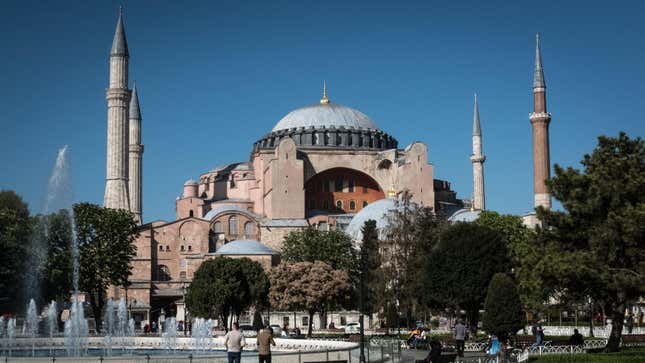
Over the past year, the world became fully aware of the perils present in global logistics. Shipping has been pushed to its limits due to emergent constraints from the Ever Given blocking off the Suez Canal for six days to the bottlenecks at major ports in the U.S. The most appealing alternative to the chaos at sea is to shift as much freight as possible from ocean shipping lanes to rail freight lines. Three countries have just made a significant move in this direction.
Last December, the Istanbul-Tehran-Islamabad freight railway opened to link Turkey, Iran, and Pakistan over a 4,000-mile route. It will take trains 15 days to cross the entire line from one terminal to the other. For comparison, it would take a container ship 45 days to travel from Asia to Europe, traversing the Suez Canal. The Marmaray Tunnel in Istanbul will allow freight trains to cross under the Bosporus Strait from Asia into Europe and vice-versa. India has also expressed interest in connecting its freight rail network to the railway.
Each of the three countries would benefit if the rail service were heavily used. In that case, the People’s Republic of China would like to better relations with each country on the route to integrate the railway into its Belt and Road Initiative. Though, demand might not materialize. Aasim Siddiqui, chairman of Pakistan Freight Association, told railfreight.com, “The train that departed now has some single wagon load cargo in covered wagons, but there are no other departures planned, as there is not enough demand.”
The U.S. sanctions against Iran are partly to blame as they make shipping cargo through the country an administrative headache. Though, it seems like the ambitious project will sink or swim based on how Pakistan’s rail infrastructure is developed. If the network is completed and linked with China and the rest of the Indian subcontinent, it would be a viable alternative for a decent portion of the world’s shipping needs.